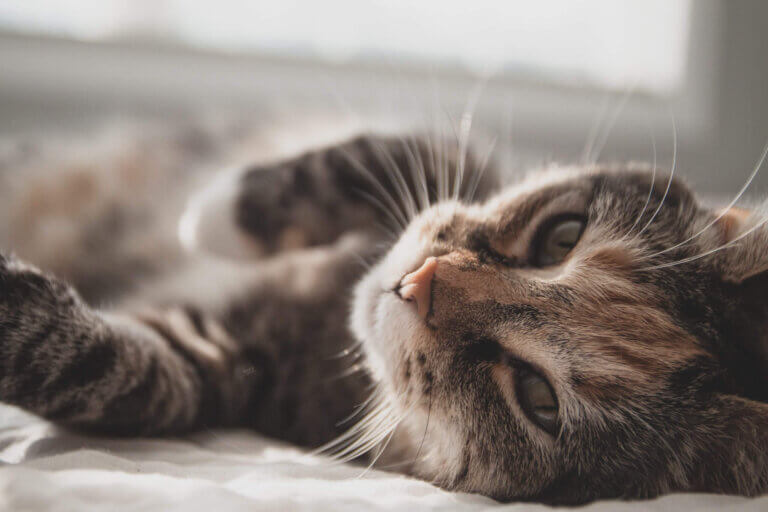Whether your cat is aggressive, compulsively meowing throughout the night, or urinating outside their litter box, undesirable behavior can affect your and your cat’s quality of life. When you notice your cat behaving abnormally, it’s essential to be proactive about correcting it to avoid further strain in your household; but to be able to fix their behavior, you must first understand why they are acting out.
Understanding Why Your Cat is Increasingly Vocal
If your cat adopts the habit of excessive meowing throughout the day or night, it can quickly become a nuisance. To reduce the constant vocalization, you must uncover the reason behind it. Some breeds are prone to meowing, such as Siamese cats. In other cases, a cat may be vocal due to boredom, hunger, or pain. Cats will meow when trying to express themselves; the key is understanding what they are trying to tell you.
Pinpointing Your Cat’s Aggression
Aggression is a common behavioral struggle cat owners face. In order to prevent your cat from harming your family or other pet, you must first recognize their triggers. Certain cats become aggressive when they are scared or anxious, as aggression can be a defense mechanism. Other cats will become increasingly aggressive due to pain or hormonal changes.
The Reason Behind Your Cat’s House Soiling Habits
You have reason to be concerned when your cat picks up the habit of urinating or defecating in areas other than their litter box. Cats will neglect their litter box if it is filthy or full or if another cat uses the same litter box. If these two factors are not the case in your household, your cat’s unpleasant behavior may be due to a medical condition. Infections, inflammation, bladder stones, and other health issues may lead to litter box issues.
Your cat’s troublesome behavior may be out of their control if they are experiencing health complications. Contact your trusted veterinarian to schedule a health evaluation if your cat expresses distressing behavior.


